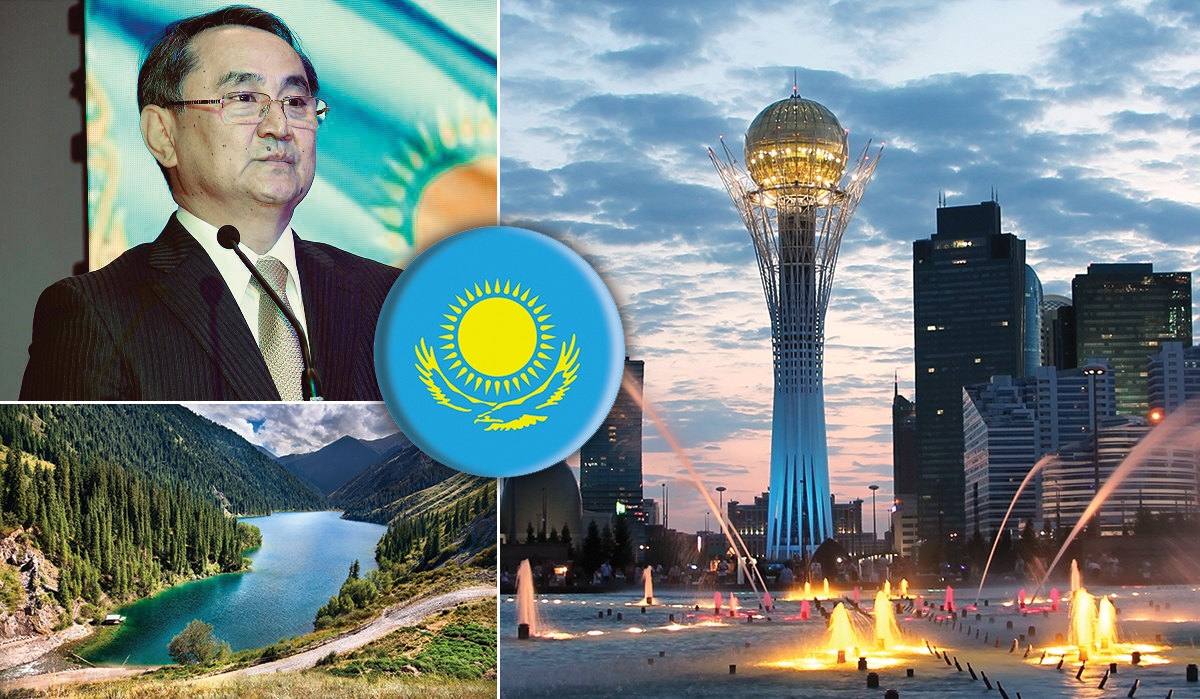
A vision for Canada’s foreign policy in the next millennium
By: Lloyd Axworthy, Ministry of Foreign Affairs
Around the turn of the last century, Prime Minister Wilfrid Laurier made the bold statement that the 20th Century would belong to Canada. While there are others with greater economic or military assets, in many ways we have achieved Laurier's vision, and become a model for the world for the century ahead. While certainly not perfect, we have been dubbed by the United Nations the country with the best quality of life in the world more often than any other nation since this annual ranking began in 1990. We have the credibility required to exert a quiet but persuasive influence in international affairs, particularly on matters that relate to protecting and improving the well being of individuals.
Canadians have a knack for conflict prevention and resolution, borne out of an ability to tolerate and celebrate our own diversity. It explains why we are the nation that gave birth to the concept of modern peacekeeping, a great contribution to world security in the 20th Century.
What, then, for Canada's contribution to the world in the next Millennium? In the past year or two, Canada has been at the forefront of promoting a change in foreign policy, from a focus on state security to a focus on the security of individuals.
This focus on "human security" is a response to the significant changes that have occurred in the world since the end of the Cold War. The nature of violent conflict has changed: innocent civilians are the main victims and targets now. The challenges we face — illicit drugs, terrorism, environmental concerns, weapons proliferation— cross borders and have a direct impact on civilians.
As a result, the promotion of humanitarian objectives is emerging as the new impetus for concerted global action. This human-centered approach involves increasing the individual's protection from abuse, reducing the risks of physical endangerment, improving quality of life and creating the tools to guarantee these goals. Shrinking the basic unit of analysis in security matters from the state to the individual creates new priorities, from countering terrorist bombs to issues such as child labour, the use of children in armed conflict, the suppression of freedom of religion, climate change problems, and the use of new technology like the Internet to propagate hate or conduct illegal activity.
Our changed world has shaped this human security agenda. In the next millennium, there will be many more opportunities for Canada to repeat our leadership in the campaign to ban anti-personnel landmines and our contribution to the establishment of the International Criminal Court. As these initiatives show, foreign policy is no longer the sole domain of nation-states and diplomats. Partnerships between non-governmental organizations, business associations, trade unions and regional groups, have growing influence in establishing new mechanisms to further the security interests of individuals the world over.
The 20th Century has seen some of the most horrific atrocities inflicted by human beings against other human beings. I believe that Canada is uniquely placed to help ensure that in the next century, mankind finally learns how to place the dignity and security of the individual ahead of all other interests.









